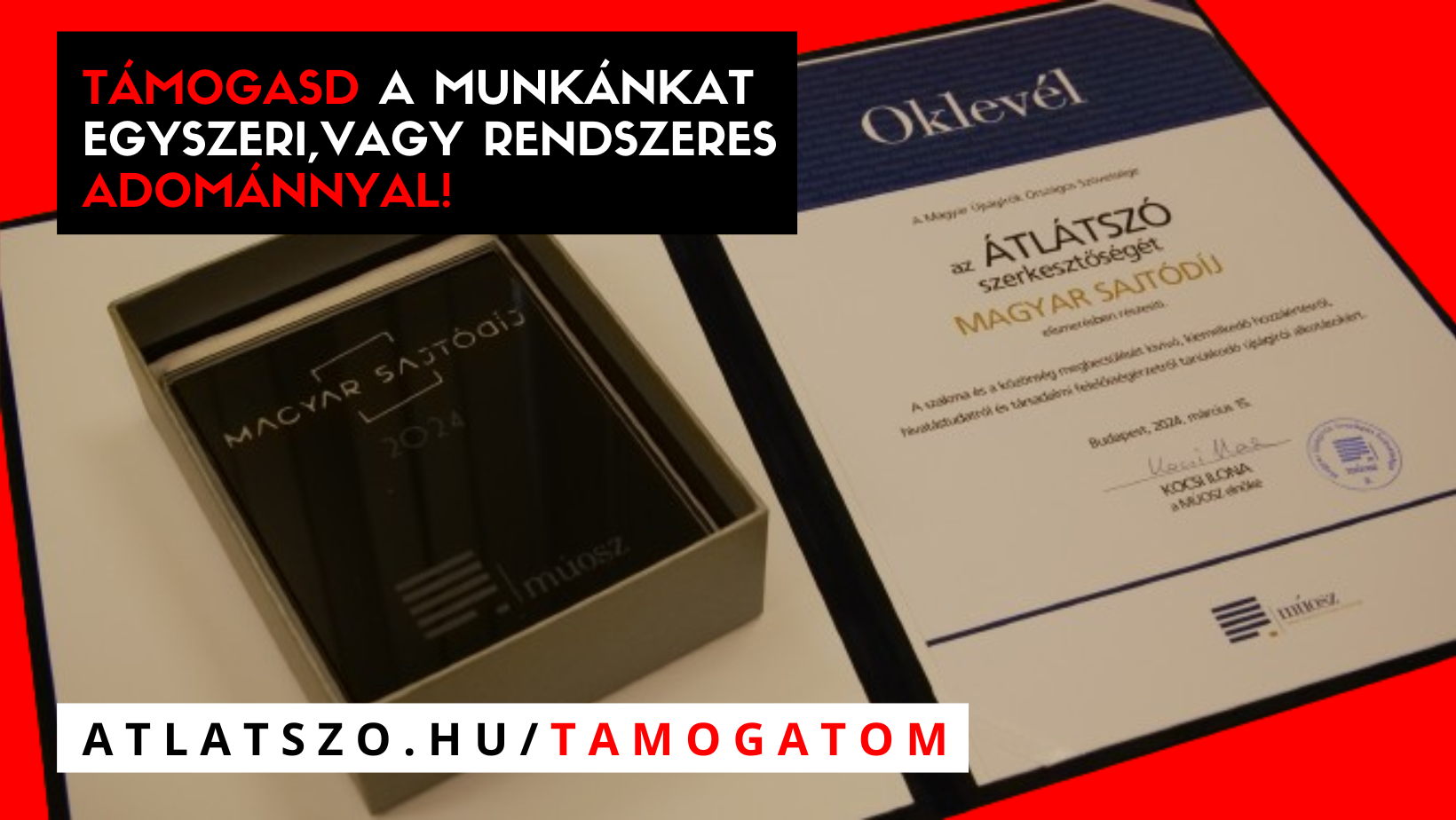Proceed to the new english feed
Our english language news feed moved here, please click: http://english.atlatszo.hu/
The owners of Neo FM radio were given an enormous advantage when the Media Council modified their broadcasting contract in 2011, Atlatszo.hu has established from the document which was kept secret until now.
Four years ago near the Hungarian elections, the re-tendering of the frequencies used by radios Sláger and Danubius received outrage and criticism. Five companies were competing for the two released frequencies, the two previous users Danubius Radio and Sláger Radio, Juventus Radio, Advenio Ltd, and FM1 Ltd. The National Radio and Television Comission (NRTC) named the latter two as the winners of the tender, even though there were problems with both of the applications. (The losers have also taken the case to both Hungarian, and international courts, the latter of which is still in progress.)

The application of Advenio Ltd was formally invalid, they didn’t disclose the other interests of the applicant, a requirement that was not subject to change after submitting the application, according to the rules of the tender. The financial model submitted with the application of FM1 was considered unreal during the evaluation of the tenders. The fact that the owners of both companies could be clearly linked to the biggest political parties at the time, just fueled the outrage further. Advenio can be tied to the governing Fidesz party and to right-wing circles, meanwhile FM1 can be tied to the socialist MSZP and left-leaning groups. After the NRTC named the aforementioned winners, László Majtényi, president of the Comission resigned in protest, saying he failed to keep politics out of the Media Council.
The debates concerning the tenders have yet to cease. While one of the winners, Class FM owned by Advenio made a killing on the advertising market, it’s left-wing competitor Neo FM had constant financial troubles, changed owners three times, and finally ceased broadcasting in August 2012, after accumulating more than 750 million HUF in media service arrears, and subsequently having their contract terminated. The financial plans originally submitted with the tenders were only in effect for about six months after that the Media Council changed the terms of the contracts, and determined a new pricing scheme.
A reporter of Origo news site, with the help of Transparency International, filed a lawsuit to make the broadcasting contracts public. Although the court of first instance ruled that the contracts and any modifications have to be made public, the Media Council submitted an appeal, and the details of the contract were left unknown.
Atlatszo.hu managed to obtain the contracts and makes them public now (Hungarian, pdf). The contracts reveal that FM1 consortium made promises that were not sound from a business point of view, and that if the 2011 modifications had been in the original contract they would have had a huge impact on the ruling of the tenders.
In the tender FM1 consortium promised to pay 200 million Hungarian forints net and fifty percent of their annual turnover as broadcasting fee, however, in the modified contract they were only required to pay a fee of 465 million Hungarian forints net. The radio reached a turnover of 641 million in 2011, so by comparing the two contracts it’s clearly visible that the fixed fee meant a lot less income to the Media Council, 465 million was only 41.3 percent of the turnover plus the net 200 million. If these numbers had been in the original tender, then the tender evaluation wouldn’t have gone the same way. While the decreased fee still accounts for most of the turnover, it could have stayed the best offer, but the original business plan estimated a turnover of 1.46 billion forints in 2011, and made every promise bearing that in mind.
Another interesting fact revealed by the document is that the amount of cultural and public service programs they were required to broadcast was decreased. The original tender placed an emphasis on the high amount of cultural and public service programs with a daily quota of 142 minutes, that came down to 994 minutes on a weekly basis. The modified contract only had half of this amount left, 500 minutes a week, that means 71 minutes a day on average. The advantage of FM1 would still have remained since the other two companies applying for the same frequency would have only broadcasted 20 minutes of such programs a day.
Read the original text in Hungarian here.
Translation by Kiki

Our english language news feed moved here, please click: http://english.atlatszo.hu/
Please vote for our videos in the Radical Democracy Video Challenge. Show your support for atlatszo.hu’s coverage on oligarchs in...
The Hungarian tax office NAV will start an investigation into the Hungarian public media fund’s (MTVA) suspiciously pricey contracts with...
Újszentiván, a village near the city of Szeged in southeast Hungary, has experienced an amazing population boom. According to the...